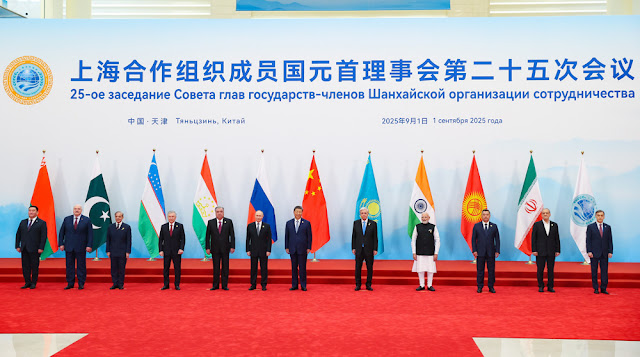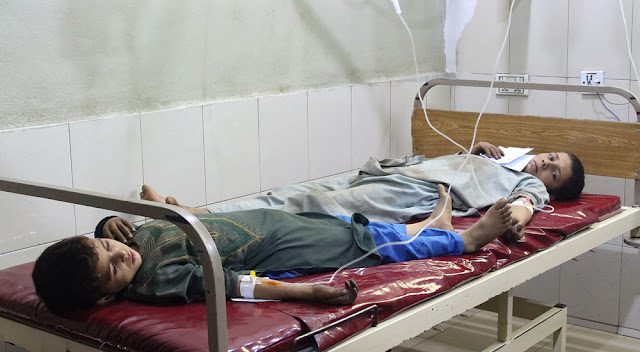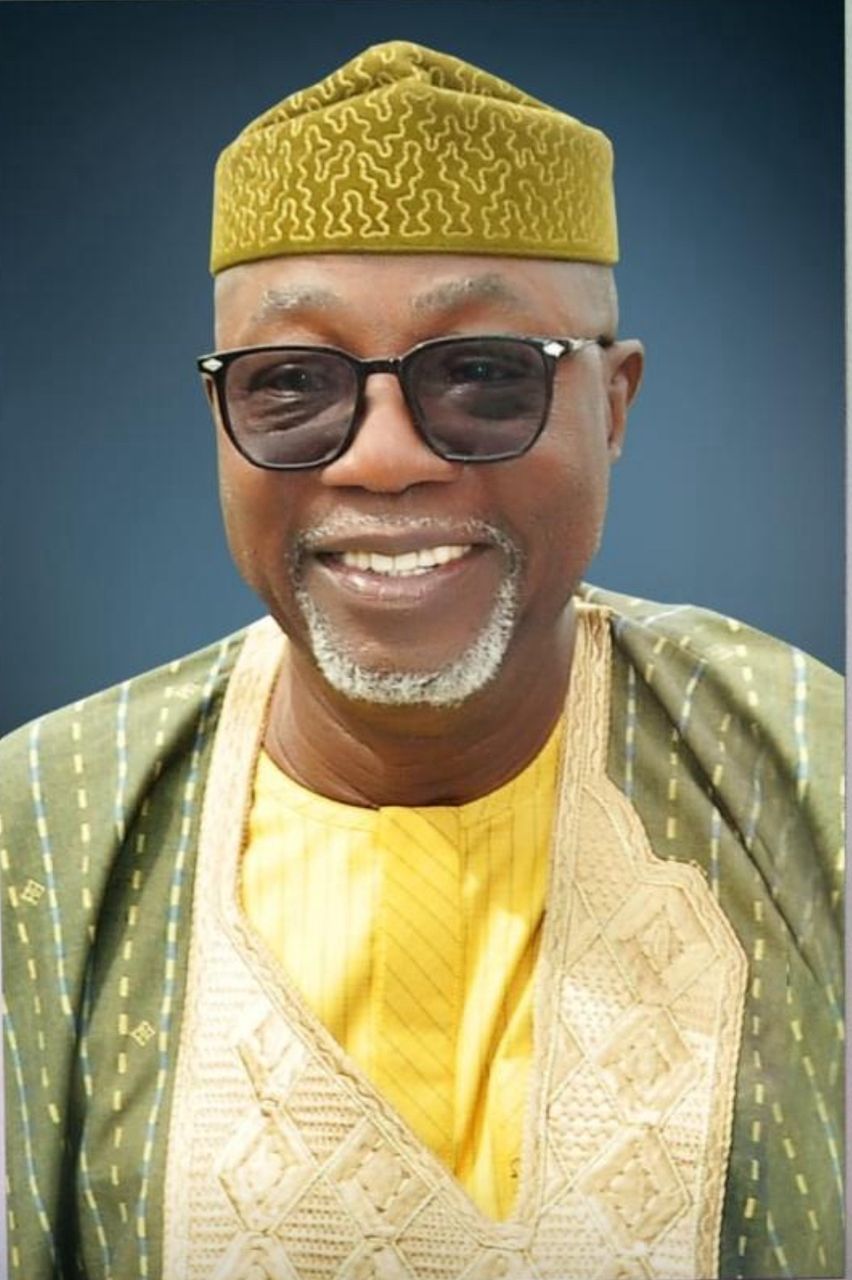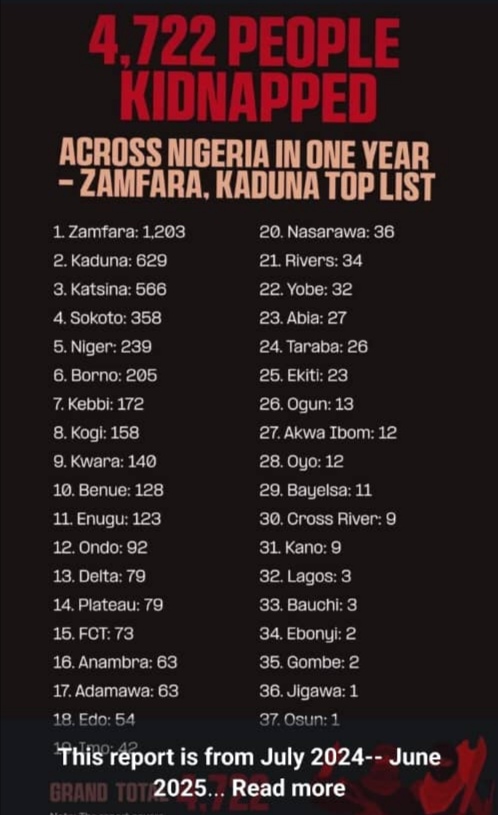On September 1, 2025, the Shanghai Cooperation Organization (SCO), a powerful Eurasian politico-economic bloc, issued a resounding condemnation of what it described as “US-Israeli aggression” against Iran, following a series of military strikes in June 2025 that targeted Iranian nuclear facilities, military sites, and civilian infrastructure. The SCO’s statement, released during its 25th summit in Tianjin, China, expressed deep concern over the escalating tensions in West Asia and reaffirmed the organization’s commitment to international peace and security. The condemnation was accompanied by a call for adherence to the United Nations Charter and international law, underscoring the SCO’s role as a counterweight to Western influence in global affairs.
This strong stance from the SCO, which represents nearly 36% of global GDP and 40% of the world’s population, comes at a critical moment in international relations. The U.S. and Israel’s actions, which included a 12-day war against Iran starting on June 13, 2025, have drawn widespread criticism for violating Iran’s sovereignty and exacerbating regional instability. Iranian President Masoud Pezeshkian, addressing the SCO summit, proposed a bold initiative for financial cooperation among member states to mitigate the impact of unilateral sanctions, signaling Iran’s resilience in the face of aggression. This article provides a comprehensive exploration of the SCO’s condemnation, the context of the U.S.-Israeli attacks, Iran’s response, and the broader implications for global diplomacy and regional stability.
The SCO’s Condemnation: A Unified Stance
The SCO’s statement, issued on September 1, 2025, was a direct response to the U.S. and Israel’s military actions against Iran, which began on June 13, 2025, with Israeli strikes on multiple locations across the country, including Tehran, Tabriz, Khorramabad, Kermanshah, Boroujerd, and Natanz. These attacks, which killed high-ranking Iranian military commanders, nuclear scientists, and civilians, were followed by U.S. strikes on June 22, targeting three Iranian nuclear facilities in Fordow, Natanz, and Isfahan. The SCO condemned these actions as “a gross violation of international law and the United Nations Charter,” expressing particular concern over the targeting of civilian infrastructure, including energy and transport facilities, which resulted in significant civilian casualties.
The SCO, headquartered in Beijing, is the world’s largest regional organization in terms of geographic scope and population, comprising nine member states: Iran, China, Russia, India, Pakistan, Kazakhstan, Uzbekistan, Kyrgyzstan, and Tajikistan. Since Iran’s full membership in July 2023, the organization has increasingly positioned itself as a counterbalance to Western-dominated institutions like the UN Security Council and NATO. The Tianjin summit, attended by leaders including President Pezeshkian, provided a platform for the SCO to assert its commitment to multilateralism and sovereignty, principles it views as under threat from U.S. and Israeli actions.
The statement specifically highlighted the deaths of key Iranian figures, including Chief of Staff of the Iranian Armed Forces Major General Mohammad Hossein Bagheri, IRGC Commander Major General Hossein Salami, and six nuclear scientists, among them Mohammad Mahdi Tehranchi and Fereydoon Abbasi. The SCO described these losses as a deliberate attempt to destabilize Iran, calling for accountability and an end to such “unlawful actions.” The organization reaffirmed its “unwavering commitment to strengthening international peace and security,” urging the international community to condemn the aggression and support Iran’s legitimate rights.
Context: The U.S.-Israeli Assault on Iran
The U.S.-Israeli aggression against Iran, as detailed in the SCO’s statement, began on June 13, 2025, with a series of Israeli airstrikes targeting Iranian military and nuclear sites, as well as residential areas in Tehran. According to Press TV, these attacks killed at least 1,060 people, including civilians, and were described as “unprovoked” by Iranian officials. The strikes targeted strategic locations, such as the Defense Ministry headquarters and a nuclear research center, as well as civilian infrastructure like Tehran’s main gasoline depot and central oil refinery, causing massive explosions and widespread damage. The New York Times reported that the attacks set off fires in affluent neighborhoods, with residents describing the impact as “earthquake-like.”
On June 22, 2025, the United States joined the conflict, launching attacks on three Iranian nuclear facilities in Fordow, Natanz, and Isfahan. These strikes, claimed by the U.S., were condemned by Iran’s Atomic Energy Organization (AEOI) as a violation of the Nuclear Non-Proliferation Treaty (NPT) and international law. The AEOI noted that the facilities were under International Atomic Energy Agency (IAEA) supervision, and the attacks were carried out “under the indifference—or rather the complicity—of the IAEA.” In response, Iran launched Operation True Promise III, a series of missile strikes targeting Israeli-occupied territories and the U.S.’s al-Udeid air base in Qatar, the largest American military base in West Asia. By June 24, 2025, Israel, facing international isolation, declared a unilateral halt to its aggression, announced by the U.S. president.
The attacks followed months of escalating tensions, including Israeli threats to halt Iran’s nuclear program and U.S. support for Israel’s military actions in Gaza and Lebanon. Since October 2023, Israel’s campaign in Gaza has killed over 63,000 Palestinians, according to Gaza’s Health Ministry, prompting accusations of genocide and war crimes at the International Criminal Court (ICC). Iran’s support for Palestinian resistance and its criticism of U.S.-Israeli policies have made it a target of Western aggression, as evidenced by earlier strikes in 2024 and the assassination of resistance leaders like Yahya Sinwar of Hamas.
Iran’s Response: Resilience and Diplomacy
Iran’s response to the U.S.-Israeli aggression has been multifaceted, combining military retaliation with diplomatic outreach. Operation True Promise III demonstrated Iran’s military capabilities, with missile strikes targeting strategic sites in Israel and the U.S. base in Qatar. Iranian officials, including the Leader of the Islamic Revolution Ayatollah Seyyed Ali Khamenei, warned of severe consequences for further aggression, with Khamenei stating, “The Zionist regime has prepared for itself a bitter, painful fate.” This rhetoric underscores Iran’s determination to defend its sovereignty while avoiding a broader regional conflict.
At the SCO summit, President Pezeshkian proposed a “Special Accounts and Settlement Systems” initiative to enhance financial cooperation among member states, aiming to reduce reliance on the U.S. dollar and mitigate the impact of unilateral sanctions. This proposal, which includes the use of national digital currencies and a currency swap fund, reflects Iran’s strategic response to Western economic pressure. Pezeshkian’s address emphasized the SCO’s global financial standing, noting that the organization represents 36% of global GDP and 40% of the world’s population, making it a formidable platform for challenging Western hegemony.
Foreign Minister Abbas Araghchi, a key figure in Iran’s diplomatic strategy, condemned the U.S.-Israeli attacks as a “blow to diplomacy” and a violation of international law. Speaking at a press conference, Araghchi called for global condemnation of the aggression, highlighting the need for dialogue and diplomacy to resolve regional tensions. Foreign Ministry Spokesman Esmaeil Baghaei echoed this sentiment, describing the attacks as a “heinous crime” and urging the UN Security Council to take action. These statements reflect Iran’s efforts to rally international support while maintaining a defensive posture.
The SCO’s Role: A Counterweight to Western Influence
The SCO’s condemnation of the U.S.-Israeli aggression marks a significant moment in its evolution as a global actor. Founded in 2001 by China, Russia, and Central Asian states, the SCO has grown into a major regional organization focused on security, economic cooperation, and countering Western influence. Iran’s full membership in 2023 strengthened the bloc’s anti-hegemonic stance, aligning it with countries like China and Russia, which have also faced U.S. sanctions and military pressure.
The Tianjin summit, held from August 31 to September 1, 2025, provided a platform for the SCO to assert its commitment to multilateralism and sovereignty. The organization’s statement on Iran aligns with its broader mission to promote a multipolar world order, as articulated by Chinese Foreign Minister Wang Yi, who condemned Israel’s violation of Iran’s sovereignty and urged an immediate halt to its aggression. Russia, another key SCO member, signed a comprehensive strategic partnership agreement with Iran in January 2025, further solidifying their alignment against Western policies.
The SCO’s condemnation also reflects its growing influence in West Asia, a region long dominated by U.S. and Israeli interests. By supporting Iran, the SCO challenges the narrative of Western exceptionalism, positioning itself as a defender of nations targeted by unilateral actions. This stance resonates with the Global South, as noted by Iranian Foreign Ministry Spokesman Esmaeil Baghaei, who described the SCO as “very impactful and effective” in representing the interests of developing nations.
Geopolitical Implications: A Shifting Global Order
The SCO’s condemnation has far-reaching implications for global diplomacy and regional stability. By aligning with Iran, the organization sends a clear message to the U.S. and its allies that unilateral military actions will face resistance from a powerful bloc. This development exacerbates tensions between the SCO and Western powers, particularly the U.S., which has supported Israel’s actions while imposing sanctions on Iran and other SCO members like Russia and China.
The U.S.-Israeli attacks on Iran, coupled with the SCO’s response, highlight a broader shift toward a multipolar world. The SCO’s economic and demographic weight, combined with its strategic partnerships, positions it as a counterbalance to NATO and the G7. Iran’s proposal for financial cooperation, including digital currencies and a currency swap fund, could accelerate this shift, reducing dependence on Western financial systems and challenging the dominance of the U.S. dollar.
Regionally, the SCO’s stance strengthens Iran’s position as a leader in resisting Western aggression. The organization’s support provides Iran with diplomatic leverage, particularly in forums like the UN, where it faces U.S. veto power. However, the condemnation also risks escalating tensions, as Israel and the U.S. may view the SCO’s actions as a direct challenge to their interests. This dynamic could complicate efforts to de-escalate conflicts in West Asia, where ongoing wars in Gaza and Lebanon continue to destabilize the region.
Humanitarian Impact: The Cost of Aggression
The U.S.-Israeli attacks on Iran had a devastating humanitarian toll, with over 1,060 deaths reported, including civilians disproportionately affected, according to the Iranian Red Crescent Society. The targeting of civilian infrastructure, such as Tehran’s gasoline depot and oil refinery, caused widespread disruption, with fires and explosions threatening residential neighborhoods. The New York Times reported that the strikes left parts of Tehran engulfed in smoke, with residents describing the chaos as “terrifying.”
The attacks also targeted Iran’s nuclear program, a sensitive issue given the country’s compliance with IAEA inspections under the NPT. The destruction of facilities in Fordow, Natanz, and Isfahan has raised concerns about the long-term impact on Iran’s scientific community, particularly with the loss of six nuclear scientists. The AEOI’s condemnation of the U.S. strikes as “lawlessness based on jungle rules” underscores the broader implications for global nuclear non-proliferation efforts.
The humanitarian crisis extends beyond Iran, as the broader regional context includes the ongoing war in Gaza, where over 63,000 Palestinians have been killed since October 2023. The SCO’s statement indirectly references this crisis, noting the destabilizing impact of Israeli actions across West Asia. The organization’s call for peace aligns with Iran’s advocacy for a ceasefire in Gaza and an end to Israeli aggression in Lebanon and Syria.
Critical Analysis: Questioning the Narrative
While the SCO’s condemnation and Iran’s response are framed as a defense of sovereignty and international law, a critical examination reveals complexities. The U.S. and Israel justify their actions as necessary to counter Iran’s nuclear ambitions and support for resistance groups like Hamas and Hezbollah. However, Iran’s compliance with IAEA inspections and its defensive posture in Operation True Promise III challenge this narrative, suggesting that the attacks were more about asserting dominance than addressing a tangible threat.
The SCO’s statement, while powerful, may also serve strategic interests. China and Russia, key SCO members, benefit from aligning with Iran to counter U.S. influence, particularly in the context of their own tensions with Washington. The organization’s focus on Iran’s sovereignty aligns with its broader anti-hegemonic agenda, but it risks escalating tensions with the West, potentially complicating diplomatic efforts to address regional conflicts.
The humanitarian toll of the attacks raises further questions about proportionality and accountability. The targeting of civilian infrastructure, as condemned by the SCO, violates international humanitarian law, yet the U.S. and Israel have faced limited repercussions due to their influence in global institutions like the UN Security Council. The SCO’s call for accountability challenges this impunity, but its effectiveness depends on the organization’s ability to translate rhetoric into action.
Profiles of Key Figures: Leaders in Crisis
President Masoud Pezeshkian: Elected in 2024, Pezeshkian has positioned himself as a reformist leader committed to diplomacy and regional cooperation. His SCO proposal for financial mechanisms reflects his strategic vision for countering Western sanctions, while his condemnation of the U.S.-Israeli aggression underscores Iran’s resilience.
Foreign Minister Abbas Araghchi: A seasoned diplomat, Araghchi’s criticism of the attacks as a “blow to diplomacy” highlights his commitment to dialogue. His role in engaging with SCO partners strengthens Iran’s position as a regional leader.
Ayatollah Seyyed Ali Khamenei: Iran’s Supreme Leader, Khamenei warned of severe consequences for the attackers, framing the aggression as a “crime” that would not go unpunished. His rhetoric galvanizes domestic support while signaling Iran’s readiness to respond militarily.
Zabihullah Mujahid: While not directly involved in the Iran crisis, Mujahid’s role in communicating Afghanistan’s earthquake response provides a regional parallel, highlighting the SCO’s broader humanitarian focus.
Conclusion: A Call for Justice and Peace
The SCO’s condemnation of U.S.-Israeli aggression against Iran on September 1, 2025, marks a pivotal moment in global diplomacy. By standing with Iran, the organization challenges Western dominance and reaffirms its commitment to sovereignty and multilateralism. Iran’s resilience, demonstrated through military retaliation and diplomatic outreach, positions it as a key player in a shifting global order.
The humanitarian toll of the attacks, combined with the broader crises in Gaza, Lebanon, and Syria, underscores the urgency of addressing West Asia’s instability. The SCO’s call for adherence to international law offers a path forward, but its success depends on collective action and global support. As Iran prepares to defend its rights, the world watches a region at a crossroads, where the principles of justice, sovereignty, and peace hang in the balance.









